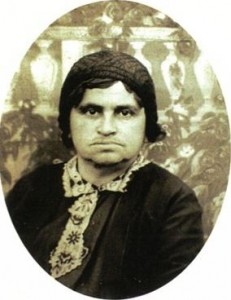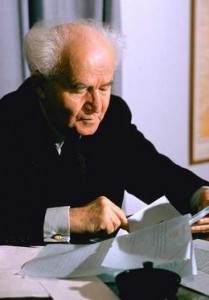Emanuel “Emek” Tanay (1928-2014) was born in Vilnius, Lithuania and grew up in Poland. The Holocaust began while he was still young, and he spent the first part of it hiding in a Catholic monastery. After his father died in a concentration camp, Tanay led his family out of Poland, through Slovakia and Hungary, finding hiding places and falsifying papers to keep himself and his remaining family members alive. Following the war, he moved to the US and studied psychiatry. Tanay went on to become a professor of psychiatry at Wayne State University, and was internationally renowned in his field. He dedicated a major part of his career to treating Holocaust victims, as well as working with the German government to provide compensation for survivors. Because of his own experiences in the Holocaust, Tanay worked tirelessly for those suffering from Post-Traumatic Stress Disorder (PTSD). He was part of a group of scientists who got PTSD recognized as a real, treatable condition. At one point, he was described as “the nation’s premier psychiatric theorist on homicide”, and served as an expert witness in some of the most famous trials of recent history, including that of Jack Ruby and Ted Bundy. Meanwhile, Tanay worked for his local Jewish community, too, founding the Jewish Council in the town of Grosse Point, and serving as its president. Tanay wrote three important books, including his reflections on the Holocaust in a book called Passport to Life, highly praised by fellow Holocaust survivor Elie Wiesel. He appeared on numerous television shows, and his story is explored in the Oscar-nominated documentary Courage to Care. Sadly, Tanay passed away on the 5th of August from prostate cancer.
Words of the Week
If you wait until you find the meaning of life, will there be enough life left to live meaningfully?
– Menachem Mendel Schneerson, the Lubavitcher Rebbe



